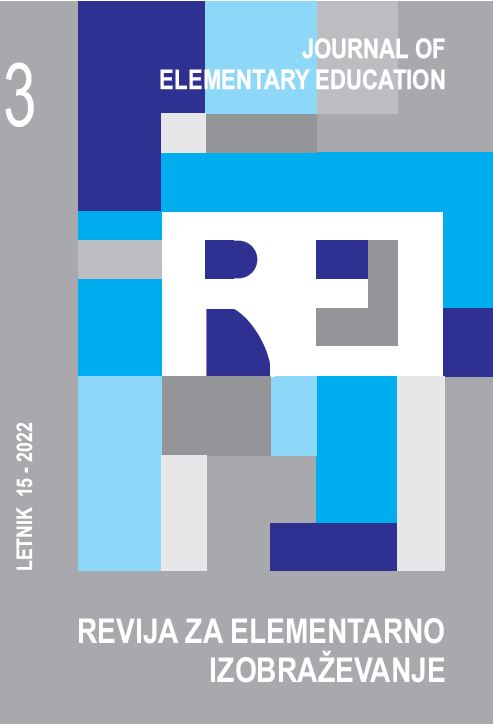Improvisation as the Foundation of Flow in Music Education: Connections to Attitudes, Gender and Genre
DOI:
https://doi.org/10.18690/rei.15.3.339-356.2022Keywords:
attitudes, flow, higher music education, improvisation, music studentsAbstract
The aim of our study was to explore the connection between improvisation and flow. Data were collected from 252 tertiary music students from Slovenia and Croatia (121 male and 131 female musicians), who filled in The Questionnaire on Attitudes to Music Improvisation, The Inventory on Feelings associated with Music Improvisation, and the Work-related Flow Inventory. The results show that the female students have significantly more negative feelings and attitudes toward improvisation, and they experience less flow while improvising. Differences were even more pronounced when comparing students who only played classical music with those who played other genres, as well. Regression analysis showed that we can explain 71% of the variance in flow with attitudes toward improvisation.
Downloads
References
Downloads
Published
Issue
Section
License
Copyright (c) 2022 Kaja Korošec, Blaženka Bačlija Susić, Katarina Habe

This work is licensed under a Creative Commons Attribution 4.0 International License.
